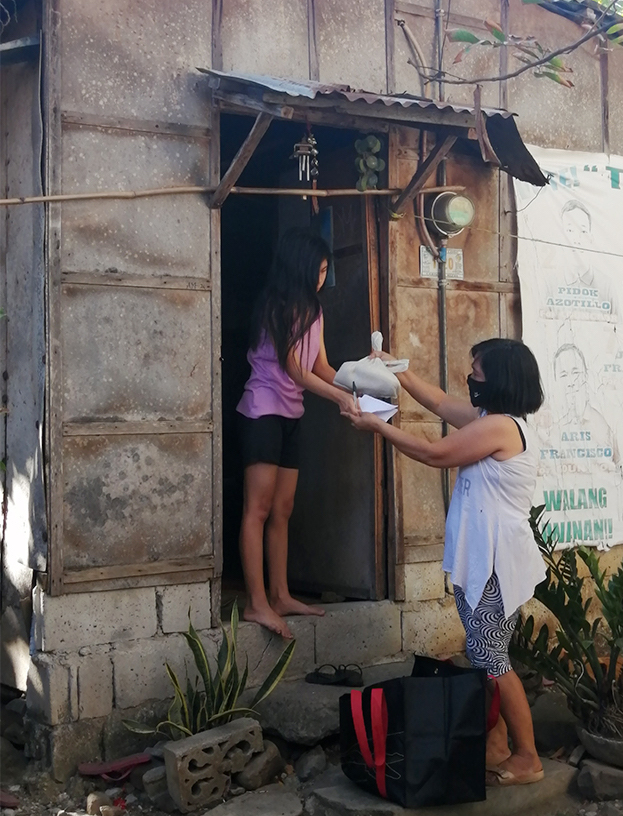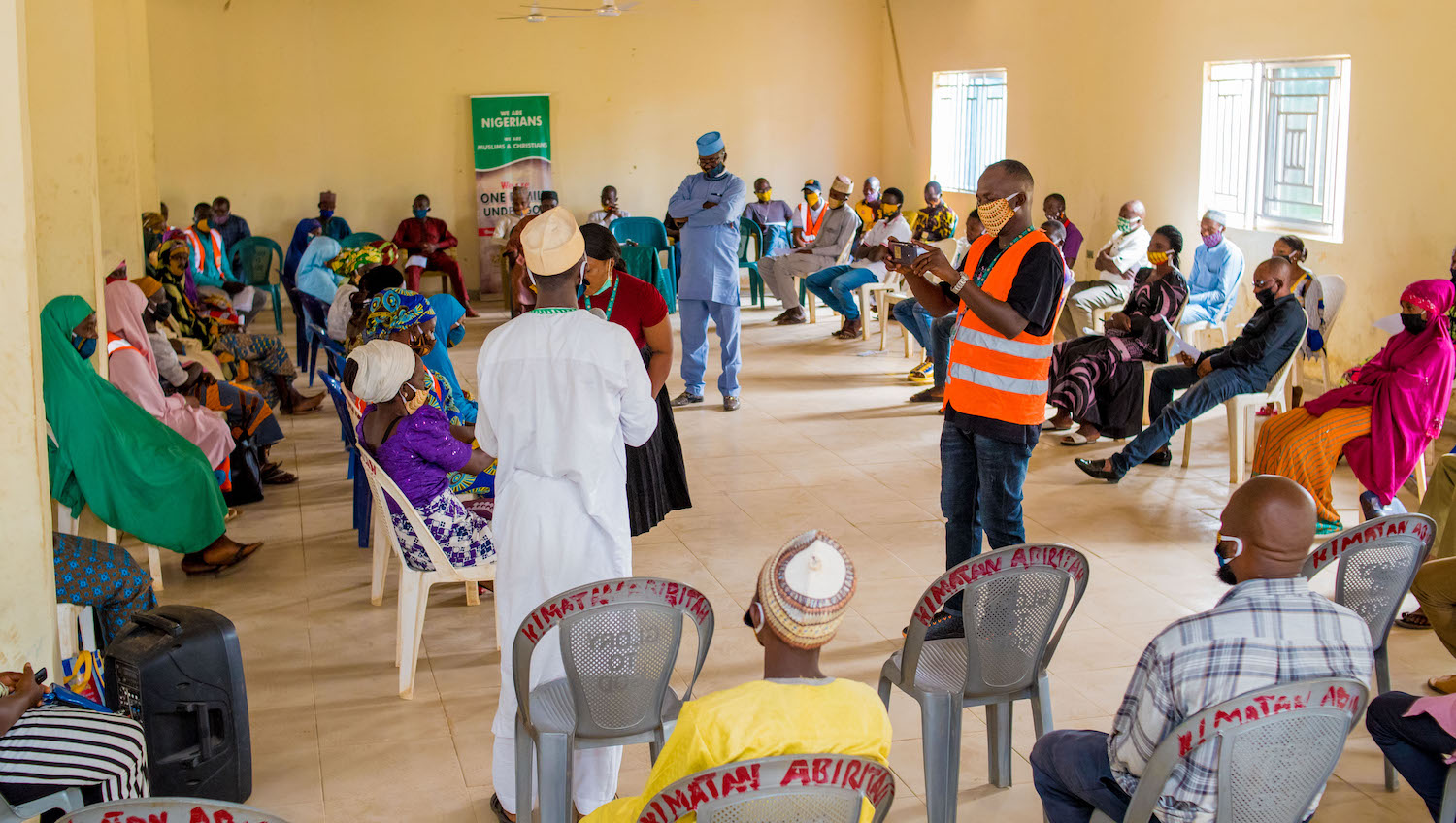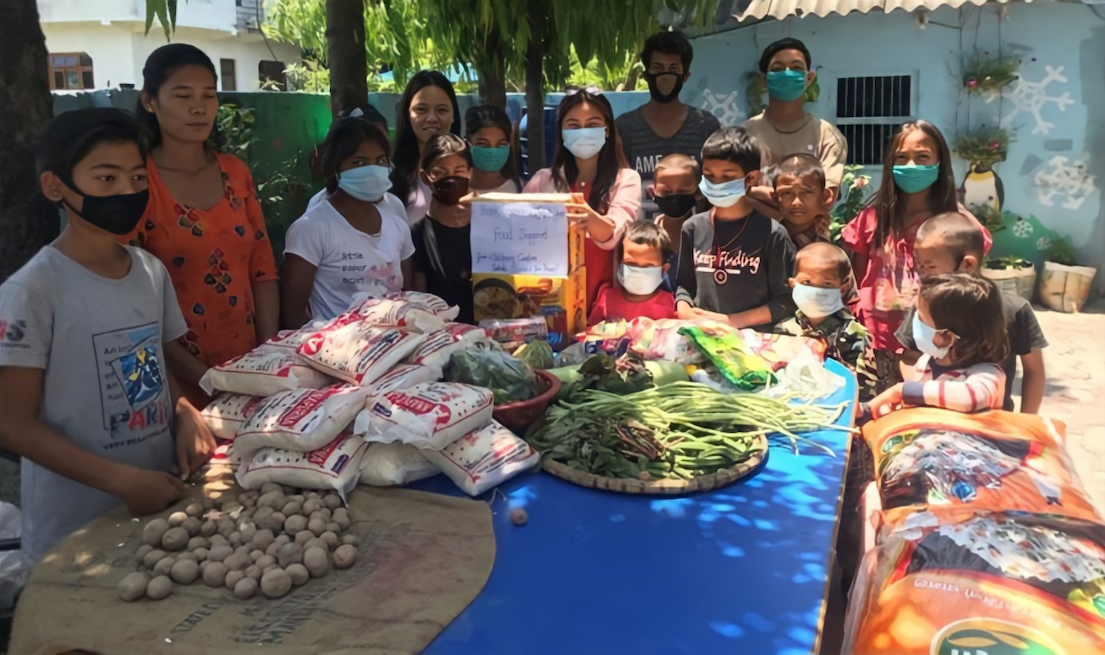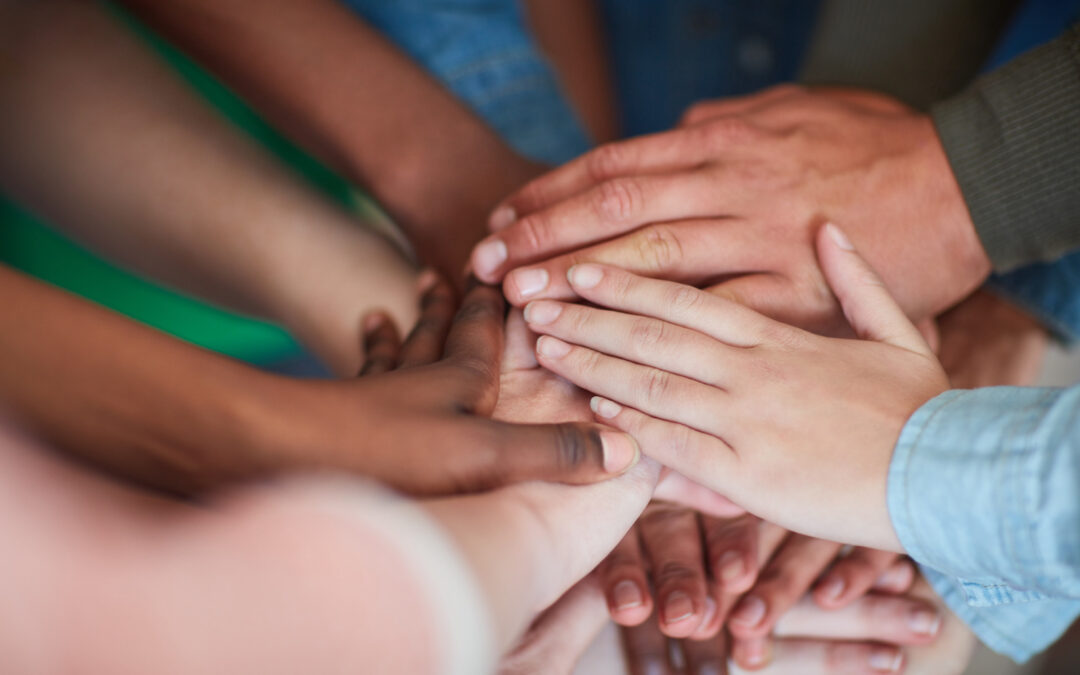To live together in peace and prosperity we must understand that beyond these many differences, we are one family who share the same origin in the Creator God. The vision of One Family under God can unite us since it shows the pathway to true global unity in diversity, as the American experiment aspires to do on a national level. The alternative is continued conflict and chaos among warring power groups based on identity-based politics, rooted in our differences; and, eventually, forced to live under the tyranny of whatever power group wins out in the end.
Dr. Hyun Jin Preston Moon
Global Peace Convention 2021
Today, societies everywhere have been dealing with the aftermath of the direct and indirect impacts of two years of grappling with a global pandemic.
While many have focused on economic and health impacts, the social consequences have also been alarming. According to a survey from Ipsos, of 20,000 people surveyed in 27 countries worldwide, only 21% feel “solid” in their sense of connectedness, social relations, or sense of the “common good.” Individually, this may not mean so much but attitudes of individuals are critical as they often translate into actions and behaviors that make up societal norms.
From a collection of Buddhist saying is a caution on the importance of thoughts and attitudes:
We are what we think.
All that we are arises with our thoughts.
With our thoughts we make the world.
Speak or act with an impure mind
And trouble will follow you
As the wheel follows the ox that draws the cart.
 Likewise, the survey on the lack of social cohesion can become a catalyst toward a more positive social trend. During the pandemic, many came to realize the critical importance of social and familial relationships. Dr. Darrell Bricker of Ipsos noted that “Social cohesion is the bedrock for societies and economies to function. No country will evolve in a positive direction if its citizens are all rowing in different directions.” And while governments, organizations, businesses, and individuals may be working diligently to encourage cooperation, the resolution of many of our social issues cannot be bought, sold, packaged, or mandated.
Likewise, the survey on the lack of social cohesion can become a catalyst toward a more positive social trend. During the pandemic, many came to realize the critical importance of social and familial relationships. Dr. Darrell Bricker of Ipsos noted that “Social cohesion is the bedrock for societies and economies to function. No country will evolve in a positive direction if its citizens are all rowing in different directions.” And while governments, organizations, businesses, and individuals may be working diligently to encourage cooperation, the resolution of many of our social issues cannot be bought, sold, packaged, or mandated.
The solutions are likely found in a different approach, one that works to engage people on the local and community levels. In fact, the problems we see today can be addressed in part by the approach taken in communities by the Global Peace Foundation throughout the last decade.
 GPF has developed different peacebuilding models that help to, directly and indirectly, create social cohesion between people from different backgrounds. These models have been built in countries as different as Paraguay, Malaysia, Kenya, Nigeria, the United States, Japan, Indonesia, Mongolia, and more. This provides evidence that the approach can be applied in different contexts. Moreover, each specific country model has also garnered unique lessons that can be shared, contributing to the global peacebuilding efforts.
GPF has developed different peacebuilding models that help to, directly and indirectly, create social cohesion between people from different backgrounds. These models have been built in countries as different as Paraguay, Malaysia, Kenya, Nigeria, the United States, Japan, Indonesia, Mongolia, and more. This provides evidence that the approach can be applied in different contexts. Moreover, each specific country model has also garnered unique lessons that can be shared, contributing to the global peacebuilding efforts.
One of the key reasons this approach can be applied to different contexts is that we focus first on a common vision and goals. This can then lead to healthy conversations around universal principles, shared values, and a solid foundation for building agreements between people from diverse backgrounds. While diversity in terms of race, religion, etc., is often considered divisive, a disciplined focus on our commonalities can bring us together into sustained dialogue and cooperation for the greater good.
In this, many of GPF’s natural peacebuilding partners are leaders from different faith traditions in these efforts. This inclusive approach provides a platform where people can engage as one human family – regardless of their specific religion or background.
 Today, we can take what is a dismal situation or challenge to make it into an opportunity for development, as individuals and on the level of societies and nations. The good news is that local community engagement based on a shared vision and focused on universal principles can help strengthen families and transform communities towards a positive end. The decision to do so can start today.
Today, we can take what is a dismal situation or challenge to make it into an opportunity for development, as individuals and on the level of societies and nations. The good news is that local community engagement based on a shared vision and focused on universal principles can help strengthen families and transform communities towards a positive end. The decision to do so can start today.
We can have these important conversations around principles and values then affect attitudes and behaviors, setting the stage for greater social cohesion and more positive, pro-social behaviors and relationships. These can include healing or resolving issues – big or small; creating and building new relationships with our neighbors – new or old, and reaching out and getting to know our community by engaging with people in ordinary and everyday ways.
This day-to-day kind of peacebuilding work is something we can all engage in, and every person can be a peacebuilder.

